Muhammad Ali Clay: The Greatest of All Time
Muhammad Ali, born Cassius Marcellus Clay Jr. on January 17, 1942, in Louisville, Kentucky, was not just a boxer; he was a cultural icon, a symbol of resistance, and a global ambassador for peace, his life story is one of triumph, controversy, and unwavering conviction, solidifying his place as "The Greatest" both inside and outside the ring.
Early Life and the Spark of Boxing:
Ali's childhood was marked by the realities of racial segregation in the American South At the age of 12, a pivotal incident ignited his passion for boxing, after his bicycle was stolen, young Cassius expressed his desire to "whup" the thief to a local police officer, Joe Martin, who also happened to be a boxing trainer. Martin suggested that Clay learn to box first, and thus began his journey into the world of pugilism.
Under Martin's tutelage, Clay quickly displayed a natural talent for the sport. His speed, agility, and unorthodox style set him apart from traditional boxers, He won He won two national Golden Gloves titles ,six Kentucky Golden Gloves titles, and an Amateur Athletic Union National Title, In 1960, he represented the United States at the Rome Olympics, where he won a gold medal in the light heavyweight division, a victory that propelled him into the national spotlight.
From Cassius Clay to Muhammad Ali:
After his Olympic triumph, Clay turned professional, and his rise through the ranks was meteoric, he captivated audiences with his flamboyant personality, poetic pronouncements, and unwavering self-confidence, he famously declared himself "the Greatest" and backed up his words with impressive performances in the ring.
In 1964, at the age of 22, Clay challenged the formidable Sonny Liston for the world heavyweight championship liston was considered an intimidating and invincible force, but Clay defied expectations, defeating him in a stunning upset, in the aftermath of this victory, Clay announced his conversion to Islam and changed his name to Muhammad Ali, rejecting what he called his "slave name." Such a decision was a major turning point in his life, both professionally and personally...
A Champion of Conviction:
Ali's career was not without controversy, In 1967, at the height of the Vietnam War, he refused to be drafted into the U.S. military, citing his religious beliefs and opposition to the war, This courageous stance had profound consequences, he was stripped of his heavyweight title, banned from boxing for three years, and faced potential imprisonment.
Ali's refusal to compromise his principles made him a symbol of resistance and a voice for the anti-war movement, he faced widespread criticism and condemnation, but he remained steadfast in his beliefs. His famous quote, "I ain't got no quarrel with them Viet Cong," encapsulated his stance and resonated with many who opposed the war.
The Return and the Legendary Fights:
After a three-year hiatus, Ali returned to boxing in 1970, eager to reclaim his title. He embarked on a series of legendary fights that would further cement his legacy, his trilogy of bouts with Joe Frazier, culminating in the epic "Thrilla in Manila" in 1975, are considered among the greatest boxing matches of all time, These fights were brutal, grueling tests of endurance and will, showcasing the incredible heart and determination of both fighters.
In 1974, Ali faced the seemingly invincible George Foreman in the "Rumble in the Jungle" in Zaire (now Democratic Republic of Congo). Employing his famous "rope-a-dope" strategy, Ali absorbed Foreman's powerful punches while leaning against the ropes, tiring him out before unleashing a knockout blow in the eighth round, This victory not only regained him the heavyweight title but also solidified his status as a global icon.
Beyond the Ring:
Ali's impact extended far beyond the realm of sports, he was a social activist, a humanitarian, and a voice for the oppressed. He spoke out against racial injustice, poverty, and war, using his platform to promote peace and understanding, He traveled the world, meeting with world leaders and advocating for human rights.
In his later years, Ali battled Parkinson's disease, a condition that gradually affected his motor skills and speech, Despite his physical challenges, he remained an inspiration to millions, demonstrating resilience and grace in the face of adversity. He continued to make public appearances, often to support charitable causes and promote peace.
A Lasting Legacy:
Muhammad Ali Clay passed away on June 3, 2016, at the age of 74. His death was mourned around the world, and his legacy continues to inspire generations, He was not just a boxer; he was a cultural phenomenon, a symbol of courage, and a champion of human rights.
Ali's impact on boxing is undeniable. He revolutionized the sport with his unique style, charisma, and showmanship. He brought a new level of excitement and attention to boxing, making it a global spectacle.
Beyond boxing, Ali's legacy as a social activist and humanitarian is equally profound ,he used his platform to speak out against injustice and promote peace, inspiring millions to stand up for what they believe in.
Muhammad Ali was, and remains, "The Greatest." His life story is a testament to the power of conviction, courage, and the human spirit. He will forever be remembered as a champion, an icon, and a true legend.
Posted Using INLEO
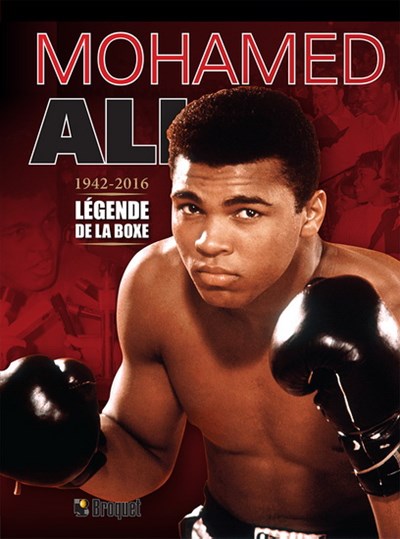
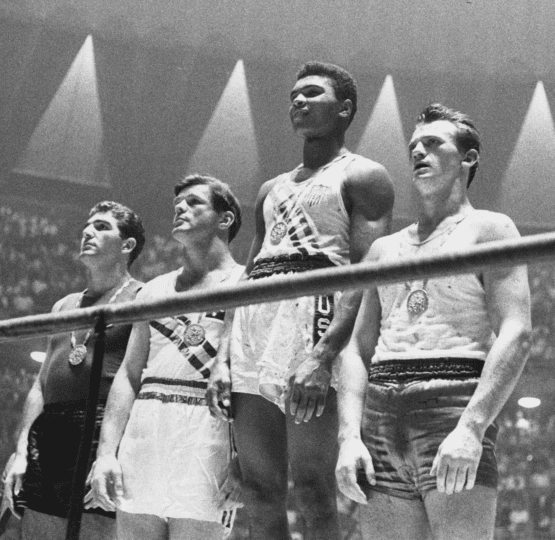
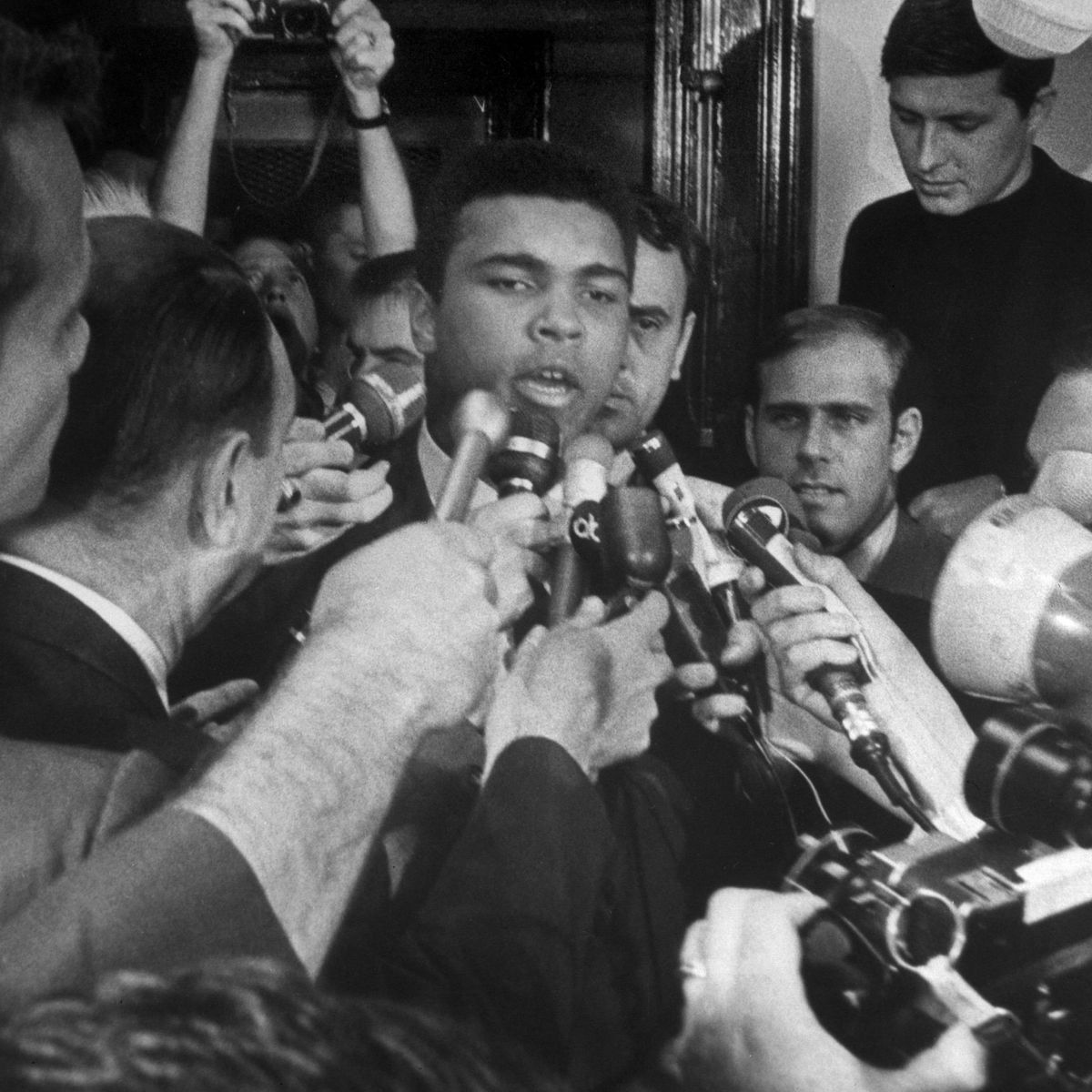
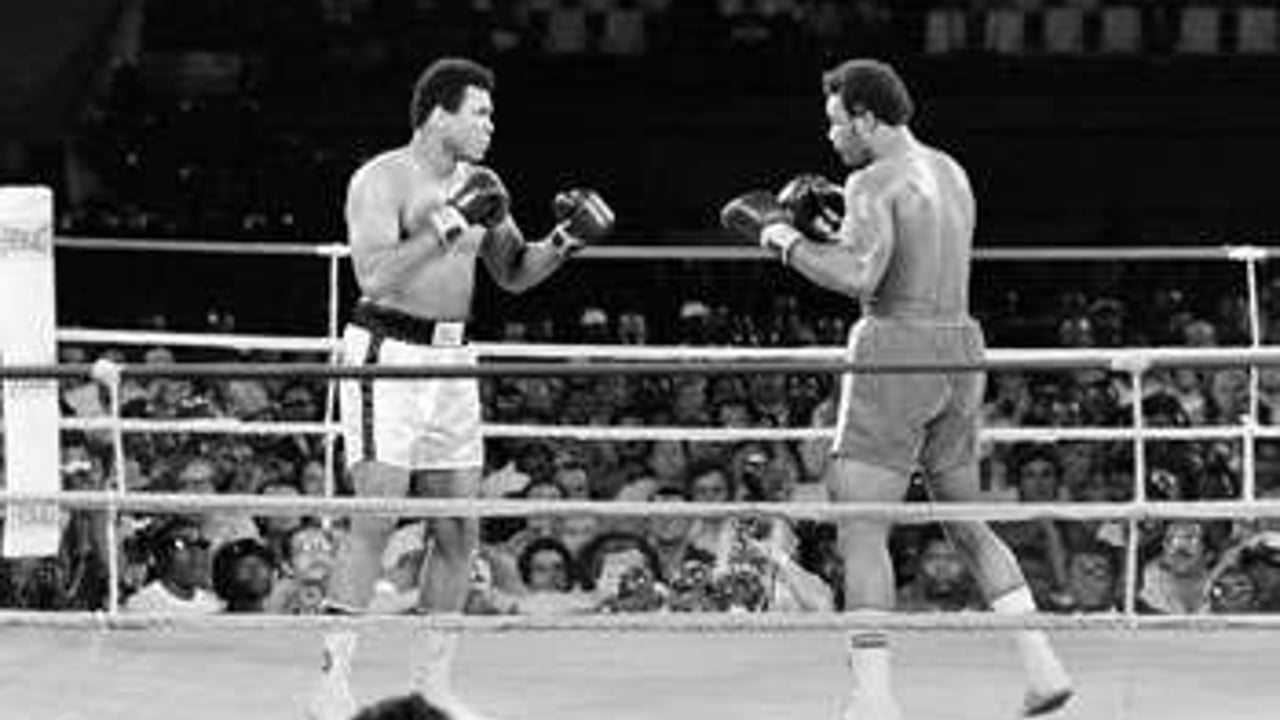
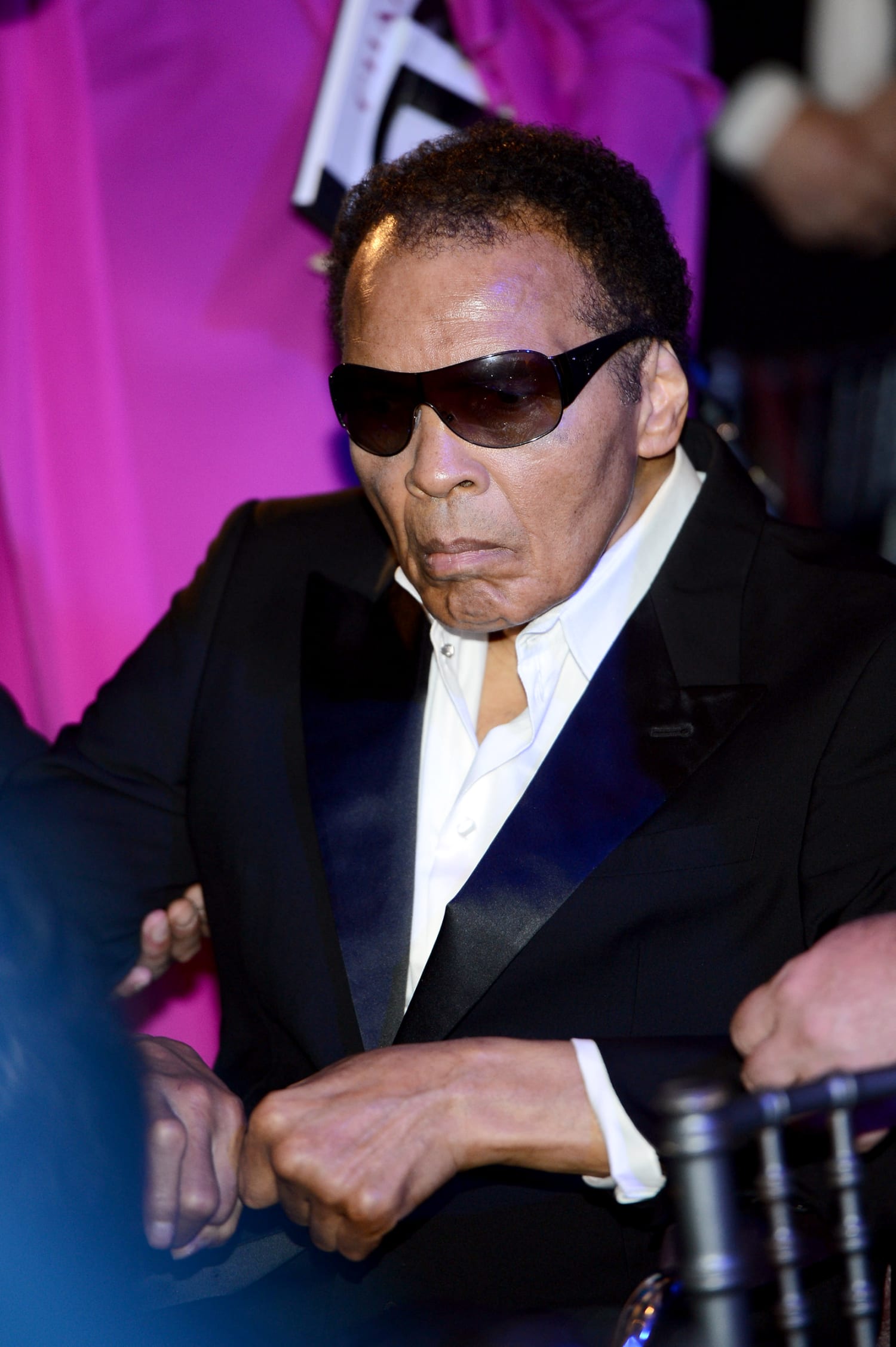
Hello.
There is reasonable evidence that this article is machine-generated.
We would appreciate it if you could avoid publishing AI-generated content (full or partial texts, art, etc.).
Thank you.
Guide: AI-Generated Content = Not Original Content
Hive Guide: Hive 101
If you believe this comment is in error, please contact us in #appeals in Discord